ASLM Continues the Fight Against AMR with Fleming Fund and AMRSNET

EQuAFRICA workshop in Johannesburg, South Africa from 10-11 February, 2020
While the fight against COVID-19 remains a top priority, the African Society for Laboratory Medicine (ASLM) continues to move the agenda around strengthening antimicrobial resistance (AMR) surveillance through its three Fleming Fund regional grants. ASLM and its partners work closely with national AMR coordinating committees (AMRCC) and governments, through the Africa Centres for Disease Control and Preventions (Africa CDC) mandate to implement the Antimicrobial Resistance and Surveillance Network (AMRSNET) and in alignment with the World Health Organization (WHO) Global Action Plan.
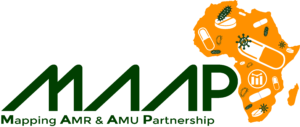 Under the Mapping Antimicrobial Resistance and Antimicrobial Use Partnership (MAAP) project, the ASLM-led consortium and its partners, Africa CDC, IQVIA, Center for Disease Dynamics Economics and Policy (CDDEP), West African Health Organization (WAHO), East Central and Southern Africa Health Community (ECSA-HC), and Innovative Support to Emergencies, Diseases and Disasters (InSTEDD) has engaged 14 countries, obtained 13 approvals, and collected information on the capacity of 332 laboratories conducting clinical bacteriology testing. MAAP has initiated digital AMR and AMU data collection for the years 2018, 2017 and 2016, notably building in-country capacity to use WHONET. With local travel progressively resuming, 10 of the 14 target countries are ready for the safe resumption of field activities. MAAP is already making plans to ensure that data are analyzed with national and regional stakeholders and provide actionable information in support of controlling AMR and developing policies at institutional, national and regional level.
Under the Mapping Antimicrobial Resistance and Antimicrobial Use Partnership (MAAP) project, the ASLM-led consortium and its partners, Africa CDC, IQVIA, Center for Disease Dynamics Economics and Policy (CDDEP), West African Health Organization (WAHO), East Central and Southern Africa Health Community (ECSA-HC), and Innovative Support to Emergencies, Diseases and Disasters (InSTEDD) has engaged 14 countries, obtained 13 approvals, and collected information on the capacity of 332 laboratories conducting clinical bacteriology testing. MAAP has initiated digital AMR and AMU data collection for the years 2018, 2017 and 2016, notably building in-country capacity to use WHONET. With local travel progressively resuming, 10 of the 14 target countries are ready for the safe resumption of field activities. MAAP is already making plans to ensure that data are analyzed with national and regional stakeholders and provide actionable information in support of controlling AMR and developing policies at institutional, national and regional level.
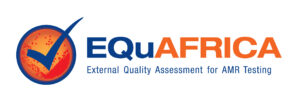 Under the EQA Grant for Africa (EQuAFRICA) project, ASLM and its partners, Africa CDC, National Institute for Communicable Diseases (NICD) South Africa, Public Health England (PHE) and the Technical University of Denmark (DTU), are working towards the establishment of regional capacity and coordination to provide bacteriology external quality assessment (EQA) proficiency testing (PT) panels in 14 Fleming Fund priority countries. The strategic approach of EQuAFRICA is based on the recommendations of country and AMR stakeholders, which were shared during a regional workshop held in Johannesburg, South Africa from 9 – 11 February 2020. The strategy follows the guidance of the EQuAFRICA advisory committee members: WHO Regional Office for Africa (WHO-AFRO), the Food and Agriculture Organization (FAO), and the World Organization for Animal Health (OIE). In addition to strengthening three African centers of excellence that will complement the work of NICD in providing PT panels for AMR, EQuAFRICA ambitiously aims to reinforce knowledge, skills, practice and regulation around quality management systems in general and EQA in particular. A strategic collaboration with BD Global Health has been established to facilitate the implementation of quality standards for bacteriology testing and achievement of ISO accreditation in reference AMR laboratories under One Health.
Under the EQA Grant for Africa (EQuAFRICA) project, ASLM and its partners, Africa CDC, National Institute for Communicable Diseases (NICD) South Africa, Public Health England (PHE) and the Technical University of Denmark (DTU), are working towards the establishment of regional capacity and coordination to provide bacteriology external quality assessment (EQA) proficiency testing (PT) panels in 14 Fleming Fund priority countries. The strategic approach of EQuAFRICA is based on the recommendations of country and AMR stakeholders, which were shared during a regional workshop held in Johannesburg, South Africa from 9 – 11 February 2020. The strategy follows the guidance of the EQuAFRICA advisory committee members: WHO Regional Office for Africa (WHO-AFRO), the Food and Agriculture Organization (FAO), and the World Organization for Animal Health (OIE). In addition to strengthening three African centers of excellence that will complement the work of NICD in providing PT panels for AMR, EQuAFRICA ambitiously aims to reinforce knowledge, skills, practice and regulation around quality management systems in general and EQA in particular. A strategic collaboration with BD Global Health has been established to facilitate the implementation of quality standards for bacteriology testing and achievement of ISO accreditation in reference AMR laboratories under One Health.
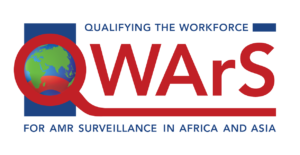 Under the Qualifying the Workforce for AMR Surveillance in Africa and Asia (QWArS) project, ASLM partners with Africa CDC, the America Society for Microbiology (ASM), the Institut Pasteur International Network (IPIN), Institut de Recherche en Santé, de Surveillance Epidémiologique et de Formation (IRESSEF), Foundation Mérieux (FM), and the National Food Institute, Technical University of Denmark (DTU) to train and qualify a pool of 120 laboratory and epidemiology professionals, who will support key functions of national AMR surveillance under the One Health approach. QWArS is currently engaging 14 countries in Africa with guidance from Africa CDC and three countries in Asia with guidance from FM and IPIN. QWArS seeks to implement standardized AMR training packages embracing context-specific needs, leading to formal qualifications that can be later transitioned to countries for further dissemination at the sub-national level. QWArS is a critical component of the ASLM Academy and aligns with ASLM’s strategic objectives for laboratory workforce development.
Under the Qualifying the Workforce for AMR Surveillance in Africa and Asia (QWArS) project, ASLM partners with Africa CDC, the America Society for Microbiology (ASM), the Institut Pasteur International Network (IPIN), Institut de Recherche en Santé, de Surveillance Epidémiologique et de Formation (IRESSEF), Foundation Mérieux (FM), and the National Food Institute, Technical University of Denmark (DTU) to train and qualify a pool of 120 laboratory and epidemiology professionals, who will support key functions of national AMR surveillance under the One Health approach. QWArS is currently engaging 14 countries in Africa with guidance from Africa CDC and three countries in Asia with guidance from FM and IPIN. QWArS seeks to implement standardized AMR training packages embracing context-specific needs, leading to formal qualifications that can be later transitioned to countries for further dissemination at the sub-national level. QWArS is a critical component of the ASLM Academy and aligns with ASLM’s strategic objectives for laboratory workforce development.

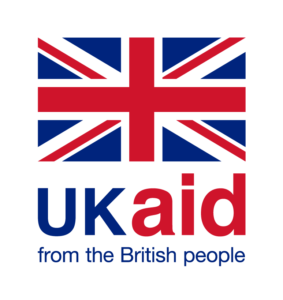
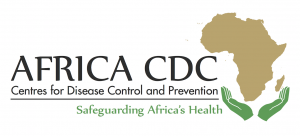
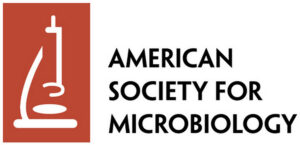
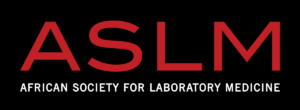


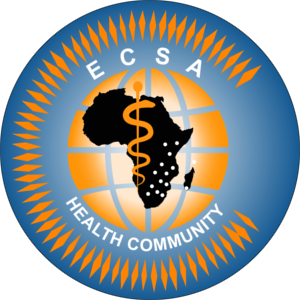
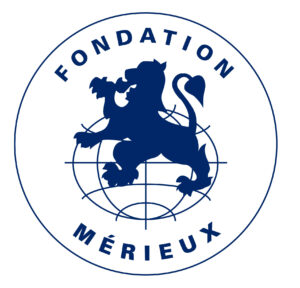

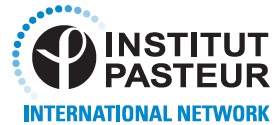
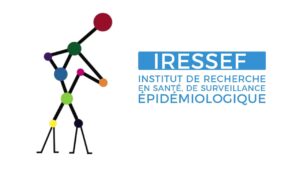
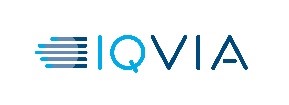
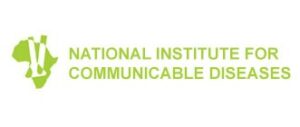
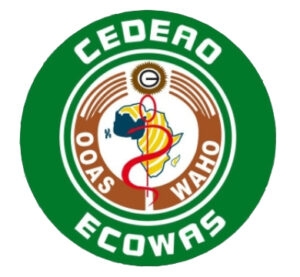
Authors: Kwame Asante, Beatrice van der Puije, Edwin Shumba and Pascale Ondoa
Editor: Mrs Bethanie Rammer
About ASLM
Established in 2011, the African Society for Laboratory Medicine (ASLM) is a pan-African professional body focused on improving healthcare by strengthening all aspects of laboratories including workforce strengthening, quality improvement and accreditation, harmonization of regulations, strengthening of networks, and strengthening advocacy and communications. Laboratory testing is pivotal for disease diagnosis, epidemiological surveillance, outbreak investigation, and initiation and monitoring of treatment, as well as research and development. ASLM addresses these challenges by working collaboratively with governments; national, regional and international organizations; implementing partners, the private sector and other agencies to achieve its Strategic Vision goals. ASLM is endorsed by the African Union with support from the World Health Organization, Africa CDC, the US CDC, the US President’s Emergency Plan for AIDS Relief, the World Bank, the Clinton Foundation, UNAIDS, and others.
